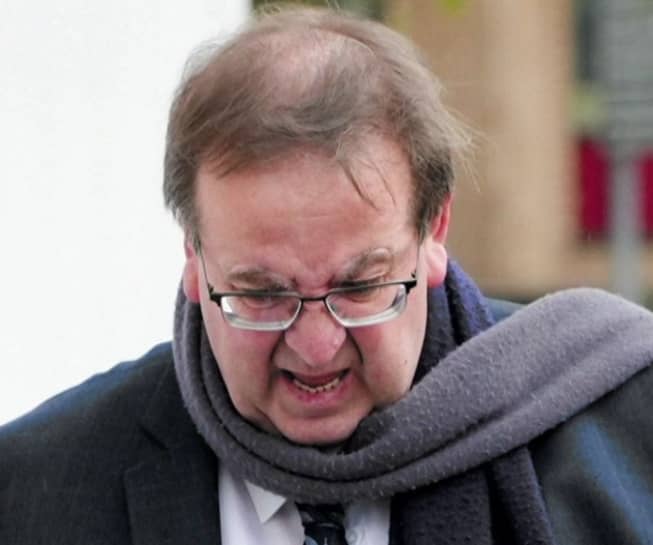

A Catholic priest in Wales has been sentenced to a community order after admitting sending violent and racist messages in an online neo-Nazi chatroom. Father Mark Rowles, a 57-year-old priest formerly of St John Lloyd Catholic Church in Cardiff, admitted to sending extremist and racist messages in Telegram chatrooms. The messages included calls for violence against Muslims and Black people. He used the alias “Skinheadlad1488” in a neo-Nazi group called Aryan Reich Killers.
Rowles pleaded guilty to three counts of sending menacing or offensive communications in May and June 2024. He was sentenced to a 12-month community order, required to complete 150 hours of unpaid work, pay £199 in costs, and adhere to a Criminal Behavior Order for three years.
In court, prosecutors presented evidence that Rowles had posted messages encouraging mosques to be bombed and suggesting that Black people should be shot. He also wrote that “a few bullets to their brains would help” when referring to ethnic minorities in London.
Rowles claimed during police interviews that he did not personally hold extremist views, and that his participation stemmed from loneliness and a “sexual fetish for role play.” His defence barrister told the court that Rowles had never faced prior disciplinary action in the Church and had no previous convictions.

The Catholic Church in Wales said that Rowles had not been active in ministry since the allegations became public. The Church is conducting its own internal review.
Authorities say that counter terrorism investigators played a key role in tracing Rowles’s identity through encrypted messaging on Telegram. He was arrested after his online messages were linked to activity in the extremist chatrooms.
Observers note that the case adds to broader concerns about the role of the internet in promoting extremist ideas and how even people in trusted roles can become involved in hateful networks. The Church and law enforcement now face pressure to ensure that institutions are vigilant against radicalisation even in unexpected places.
While the sentence has stirred debate, the ruling confirms that the priest will avoid jail time, despite the severity of the messages he sent. The community order and criminal behaviour order represent significant legal and social consequences.

This case underscores how extreme ideologies can hide in plain sight. A clergy member, entrusted with spiritual leadership, can still be drawn into networks of hatred. Institutions like the Church, law enforcement, and community groups must work harder to detect and prevent radicalisation, especially where people might be suffering isolation or mental distress.
The case now moves into the Church’s internal review period. The public, meanwhile, watches as the priest prepares to serve his community order and face the consequences of his words in a court of law.